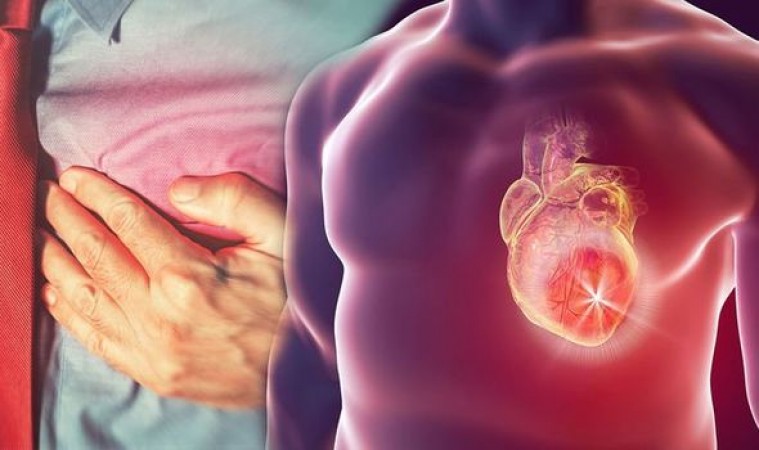
In today's fast-paced world, health concerns are on the rise, and one issue that has garnered significant attention is the relationship between excessive acidity and heart attacks. Many people experience symptoms of acidity, such as heartburn and indigestion, but few are aware of the potential link to a more serious condition like a heart attack. In this article, we will explore the connection between excessive acidity and heart attacks, shedding light on how these seemingly unrelated issues might be intertwined.
Excessive acidity, often referred to as acid reflux or gastroesophageal reflux disease (GERD), occurs when the stomach's acidic contents flow back into the esophagus. This can lead to uncomfortable symptoms like heartburn, regurgitation, and chest pain. While occasional acidity is common, chronic acidity can be a cause for concern.
To comprehend the connection between acidity and heart attacks, it's crucial to be able to identify the symptoms of both conditions.
While excessive acidity and heart attacks may appear unrelated, they share a common symptom: chest pain. This can lead to confusion and misdiagnosis, especially when someone experiences chest discomfort but is unsure of its origin.
One possible explanation is that acid reflux can cause the esophagus to spasm, leading to chest pain that may be mistaken for a heart attack. These spasms can be triggered by the irritation caused by stomach acid.
The irritation from chronic acidity can also lead to inflammation in the esophagus, which can stimulate nearby nerves and result in chest discomfort.
Now that we've explored the link between excessive acidity and heart attacks, let's discuss ways to reduce the risk of misinterpretation and take proactive measures for better health.
If you experience persistent chest pain, it's essential to seek medical advice promptly. A healthcare professional can perform tests to determine the cause and recommend appropriate treatment.
In some cases, your doctor may prescribe medications to reduce stomach acid production or alleviate symptoms. In conclusion, while excessive acidity and heart attacks may share similarities in symptoms, they are distinct health issues. It is crucial not to jump to conclusions and seek medical guidance when experiencing chest discomfort. Understanding the connection between these conditions empowers individuals to make informed decisions about their health. In a world where health concerns abound, staying informed and proactive is the key to a healthier and happier life.
International Day of Awareness of Food Loss and Waste 2023: Vision, Objectives, and More
How to Boost Your Chances of a Normal Delivery in the 9th Month with These Foods
Do Not Consume These Items During Pregnancy, or Face Significant Consequences